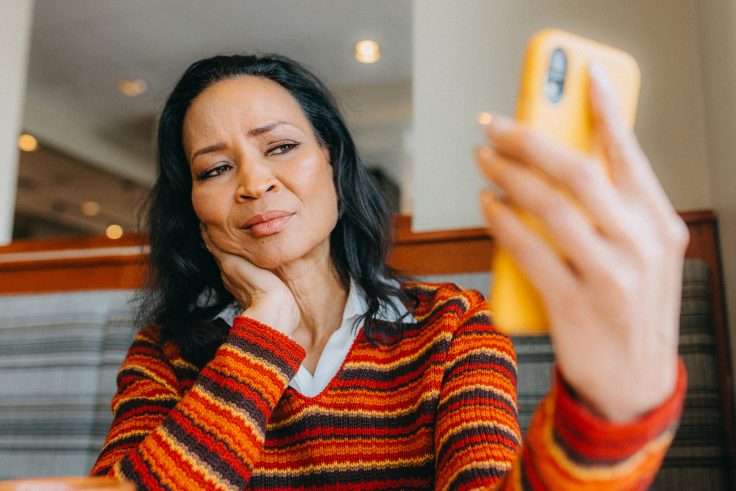Around 40 percent of black adults and 33 percent of Hispanic adults say DEI backfires, compared with about 25 percent of white adults

Black and Hispanic Americans are more likely than white Americans to believe that left-wing diversity, equity, and inclusion initiatives “end up increasing discrimination against people like them,” the Associated Press reported Thursday based on its joint poll with NORC Center for Public Affairs Research.
“About 4 in 10 Black adults and about one-third of Hispanic adults say DEI increases discrimination against Black people, compared with about one-quarter of white adults,” according to the AP. “There is a similar split between white adults and Black and Hispanic adults on assessments of discrimination against Hispanic people.”
The broader public appears to share the sentiment, with less than 40 percent of all Americans saying DEI benefits the minorities whom the policies are meant to help. At least a quarter of Americans believe DEI actually increases discrimination against these groups, according to the poll, while 33 to 41 percent say that DEI makes no difference at all.
The findings come as President Donald Trump has ramped up his nationwide crackdown on DEI initiatives, which he called “illegal and immoral discrimination programs.” Since returning to the White House in January, Trump has signed executive orders banning DEI programs across the federal government and the military and has withheld millions in federal funding from universities that fail to abolish the programs.
Several major companies have also rolled back their DEI initiatives since Trump’s election victory in November. Meta, the parent company of Facebook and Instagram, in January announced plans to cut its DEI programs for hiring, training, and supplier selection. McDonald’s decided to revise its DEI policies, while Walmart has scrapped DEI training for employees and stopped considering race and gender when choosing suppliers.
Claudine Brider, a black Democrat in California, told the AP that DEI has backfired especially for black people and women.
“Any time [members of a particular group are] in a space that they’re not expected to be, like seeing a Black girl in an engineering course … they are seen as only getting there because of those factors,” Brider said. “It’s all negated by someone saying, ‘You’re only here to meet a quota.'”

















